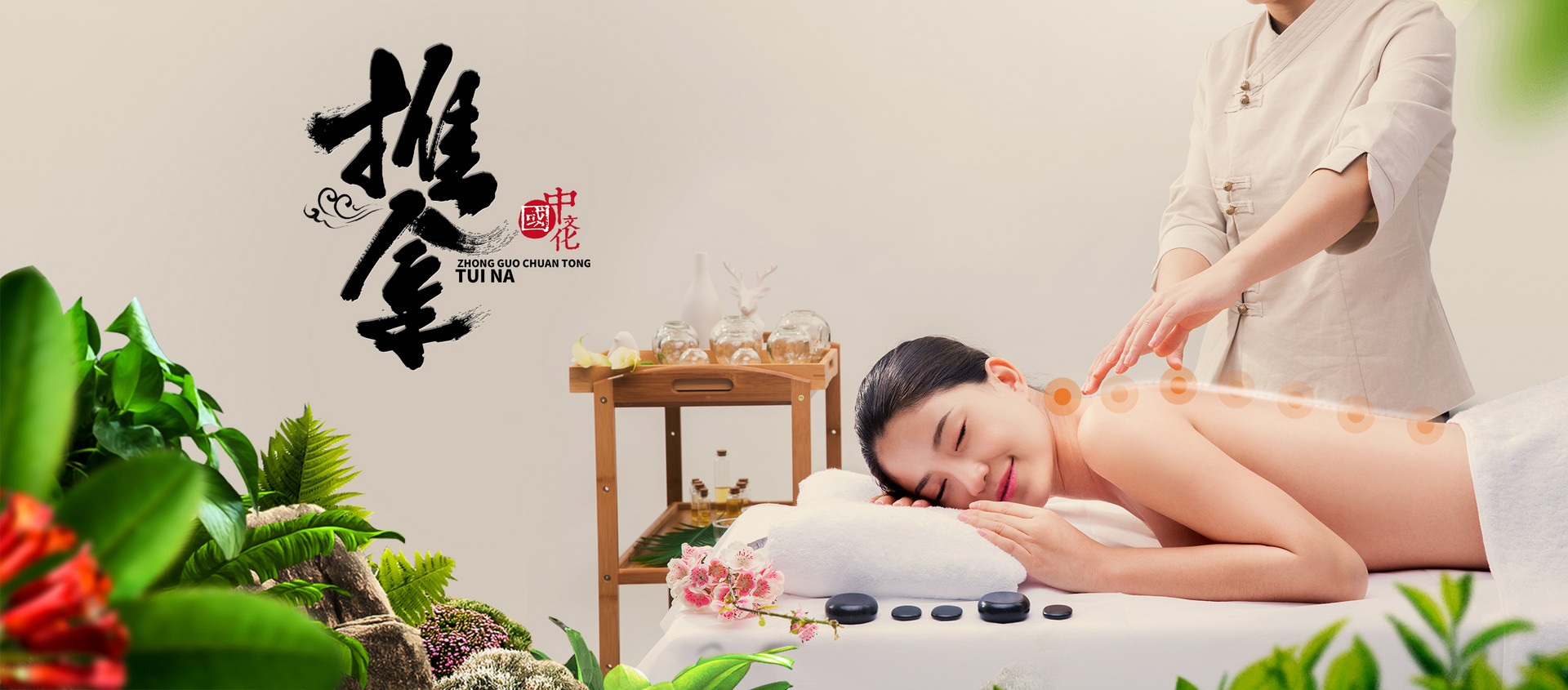Tiantu Acupoint, also known as Yuhu, Tianqu, and Wuhu, is the meeting point of the Yinwei Meridian and Ren Meridian. Tiantu Acupoint is located in the neck, on the midline, in the center of the suprasternal fossa. Massaging Tiantu Acupoint has the effect of promoting lung qi circulation, resolving phlegm, and stopping cough. It can be used to treat chest, lung, and throat diseases.


Location of Tiantu Acupoint
[Location of Tiantu Acupoint]
1. Standard positioning
Tiantu Acupoint is located in the neck, on the midline, in the center of the suprasternal fossa.
2. Acupoint selection method
One inch above the Renzhong Acupoint, in the center of the suprasternal fossa, sit upright and tilt the head back to select the acupoint.
Quick acupoint selection: Lie on your back, feel for a depression just below the larynx, and the central point is the Tiantu Acupoint.
3. Anatomy of the acupoint
Below Tiantu Acupoint are the skin, subcutaneous tissue, the space between the bilateral sternocleidomastoid tendons (two clavicular heads of the sternum), the superior margin of the jugular venous arch above the sternal handle, bilateral sternothyroid muscles, and the anterior mediastinum.
The superficial layer contains the nerves on the inner side of the clavicle and the scalene muscles and jugular venous arch in the subcutaneous tissue. The deep layer contains the brachiocephalic trunk, left common carotid artery, aortic arch, and brachiocephalic vein, and other important structures.


Location of Tiantu Acupoint
[Functions and Effects of Tiantu Acupoint]
1. Relieving cough through massage
By exerting pressure on the "Tiantu Acupoint" in the middle of the clavicle, cough can be immediately relieved, whether it is acute cough or the presence of foreign objects in the throat. When using this method, it is essential to exhale while applying pressure. The cough can be alleviated after repeating the process three times. For children, it is recommended to reduce the pressure and increase the frequency to achieve the same effect.
2. Eliminating plum pit qi
Instruct the patient to press and massage the Tiantu Acupoint (in the center of the suprasternal fossa) with the index finger of one hand, using moderate force and pressing for about 10 times each session until a local sour, swollen, or slightly painful sensation is felt.
Continuous treatment for two months will generally produce significant results in about half a month.
3. Relieving hiccups
According to Traditional Chinese Medicine, hiccups are caused by improper diet, leading to the upward reversal of stomach qi and resulting in belching. To relieve hiccups, it is necessary to regulate stomach qi and allow the reversed qi to flow back.
Moxibustion on our Tiantu Acupoint is also a good method for treating hiccups. Tiantu Acupoint has the function of guiding qi, and by guiding the qi out, hiccups can be relieved or suppressed.


Location of Tiantu Acupoint
4. Warm moxibustion for inflammation relief
While massaging the Tiantu Acupoint, the patient can also perform swallowing movements and coordinate with breathing to swallow saliva. In addition to massage, applying heat to the Tiantu Acupoint is also a good method for relieving inflammation.
Use a small cotton bag filled with soybeans, sew it tightly, heat it in the microwave for two minutes, and apply it to the Tiantu Acupoint while it is still hot. This is a simple method of warm moxibustion.
5. Treating colds in children
Because infants and young children have smaller bodies, parents can use the tip of their thumb or index finger to gently press and rotate clockwise or counterclockwise at the acupoint, 2-3 times a day for two minutes each time, to achieve significant results.
[Images of Tiantu Acupoint]















